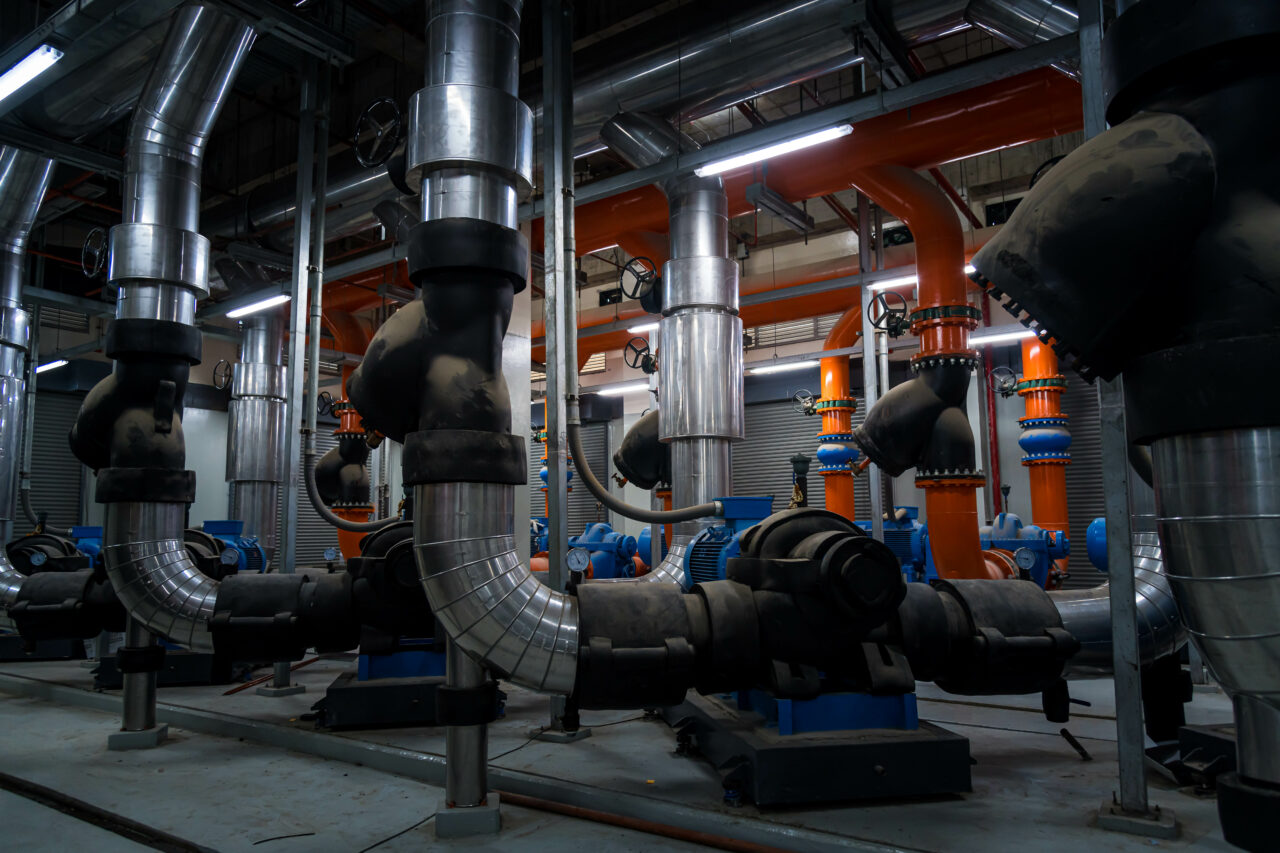
The HVAC (Heating, Ventilation, and Air Conditioning) systems in the life sciences industry play a critical role in maintaining the necessary environmental conditions for various processes, research, and manufacturing activities. Given the sensitive nature of the work in this industry, HVAC systems must meet specific qualifications and requirements. Here are some key considerations for HVAC qualifications in the life sciences industry:
Compliance with Regulatory Standards:
HVAC systems must comply with industry-specific regulatory standards, such as Good Manufacturing Practice (GMP), Good Laboratory Practice (GLP), and Good Distribution Practice (GDP).
Adherence to guidelines set by regulatory authorities like the Food and Drug Administration (FDA) or other relevant agencies is crucial.
Temperature and Humidity Control:
Precision in controlling temperature and humidity is vital for preserving the integrity of materials, equipment, and processes in the life sciences industry.
HVAC systems should have the capability to maintain specific temperature and humidity ranges as per industry requirements.
Air Quality:
Cleanroom environments in pharmaceutical and biotechnology facilities require high levels of air quality. HVAC systems must be designed to provide adequate air filtration and purification.
Compliance with ISO standards for cleanrooms, such as ISO 14644, is often necessary.
Validation and Qualification Protocols:
HVAC systems must undergo thorough validation and qualification processes to ensure their performance meets specified criteria.
Installation Qualification (IQ), Operational Qualification (OQ), and Performance Qualification (PQ) are commonly used protocols to validate HVAC systems.
Monitoring and Control Systems:
HVAC systems should be equipped with advanced monitoring and control systems to ensure real-time tracking of environmental conditions.
Alarms and alerts should be in place to notify operators of any deviations from set parameters.
Energy Efficiency:
While maintaining precise environmental conditions, there is an increasing emphasis on energy efficiency in HVAC systems to reduce operational costs and environmental impact.
Documentation and Recordkeeping:
Comprehensive documentation of design specifications, installation procedures, maintenance protocols, and validation results is crucial.
Accurate recordkeeping is essential to demonstrate compliance with regulatory requirements.
Training and Competency:
Personnel responsible for the operation and maintenance of HVAC systems should receive proper training to ensure competency.
Training programs should cover safety procedures, regulatory compliance, and system troubleshooting.
Emergency Preparedness:
HVAC systems should be designed with redundancy and fail-safe mechanisms to handle emergencies.
Emergency response plans and protocols should be in place to address any HVAC system failures promptly.
Risk Management:
A comprehensive risk assessment should be conducted to identify and mitigate potential risks associated with HVAC system failures.
Strategies for preventive maintenance and contingency planning should be developed.
These considerations help ensure that HVAC systems in the life sciences industry meet the stringent requirements necessary to support critical processes and maintain the integrity of research, development, and manufacturing activities. It’s important for organizations in this sector to collaborate with HVAC professionals experienced in the specific needs and regulations of the life sciences industry.
Contact Us:
GxP Cellators is a consulting firm that focuses on helping companies in the life sciences industry set up GMP manufacturing facilities. Our services are tailored to assist businesses in navigating the intricate regulatory landscape and ensuring compliance with all requirements. If you require assistance with regulatory strategy or product registration, please feel free to reach out to us at info@gxpcellators.com.
by admin
I am a seasoned GxP expert and the founder and CEO of GxP Cellators, a consulting firm that provides GxP advisory and auditing services to clients across the globe. My mission is to help clients achieve excellence in quality, compliance, and remediation, and to foster a robust quality culture in their organizations.
